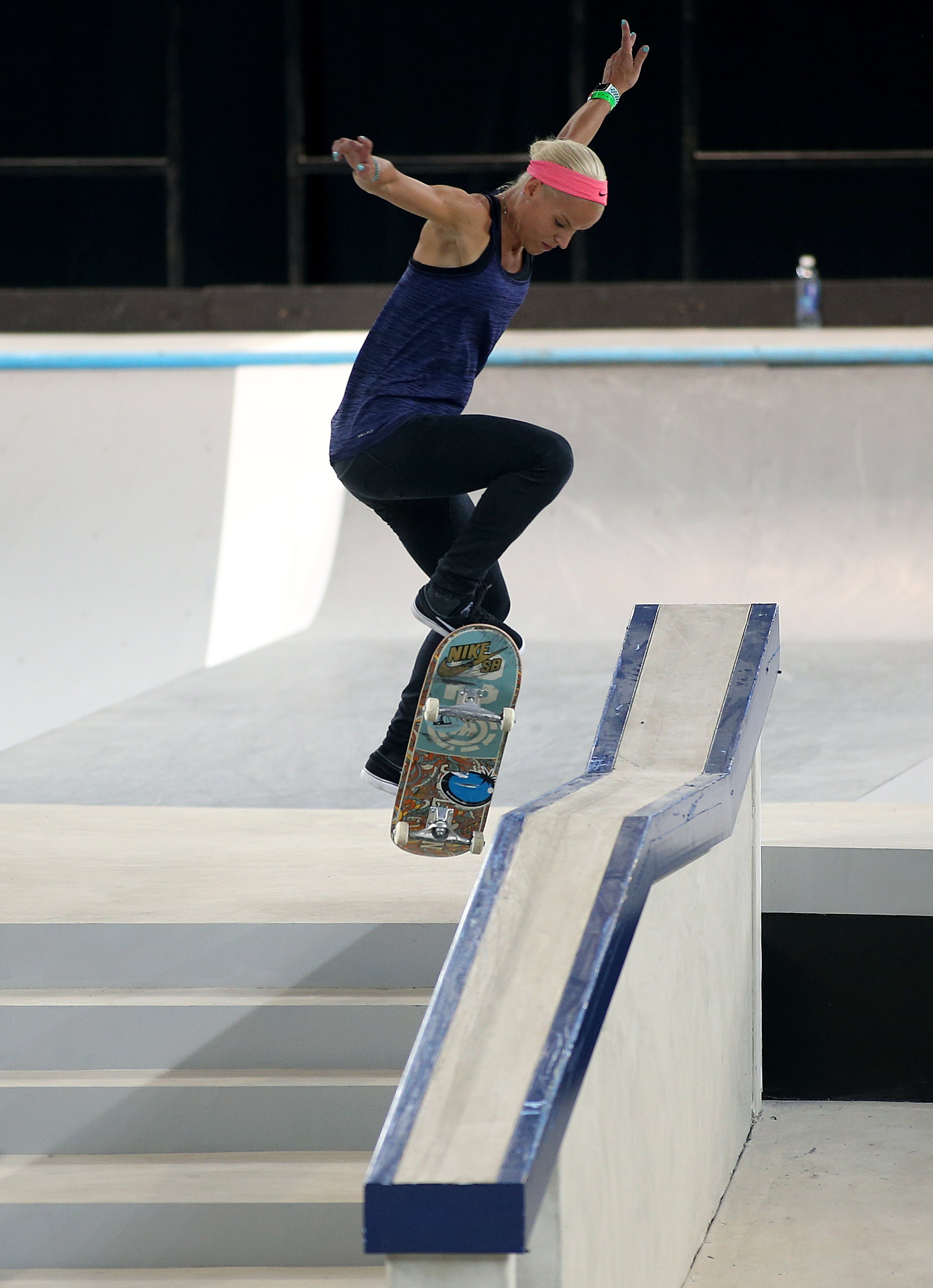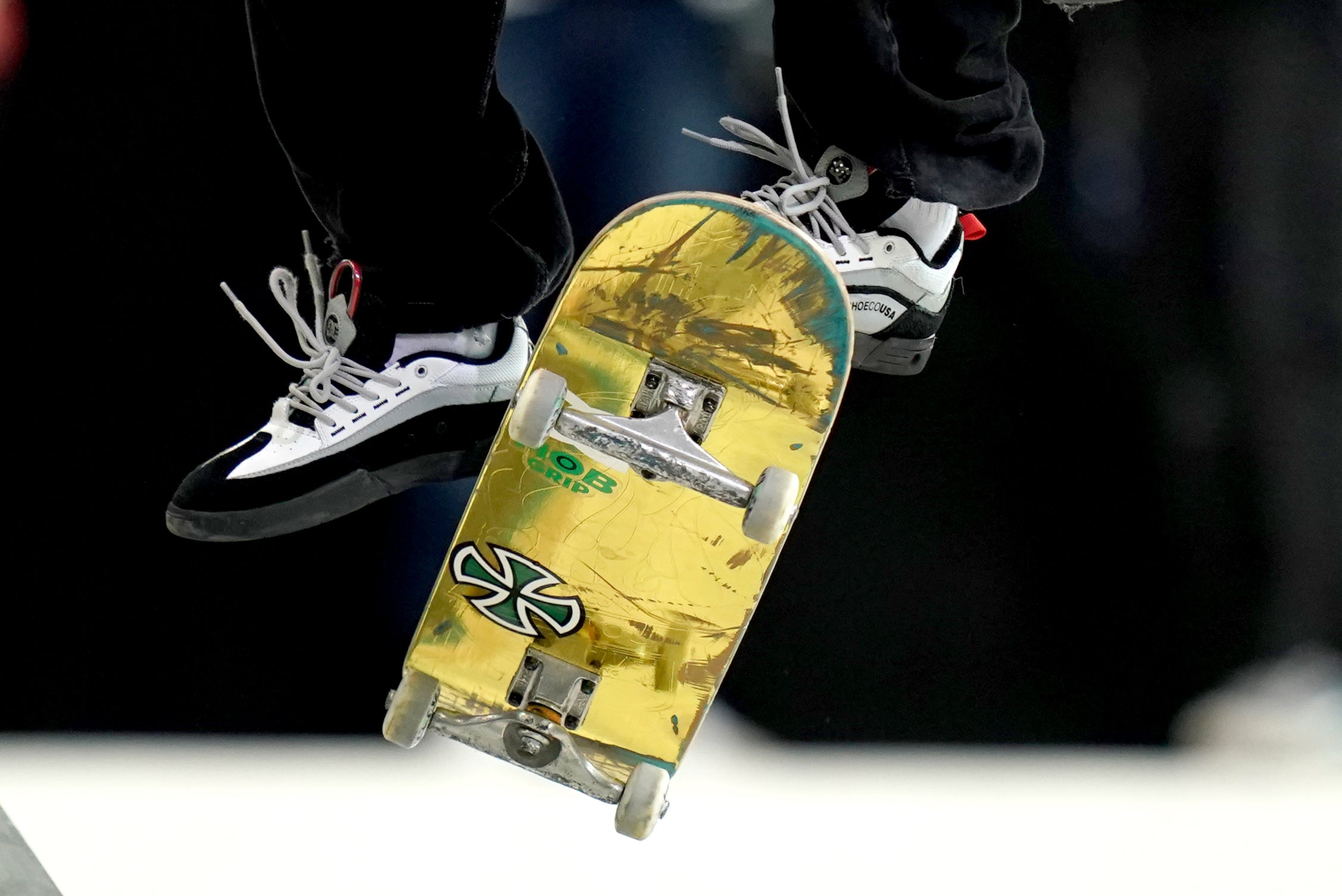Skateboarding helps the middle-aged navigate depression, study shows
Older people who take part in the sport say it has a ‘spiritual meaning’ in their lives and boosts their wellbeing and happiness.

Your support helps us to tell the story
From reproductive rights to climate change to Big Tech, The Independent is on the ground when the story is developing. Whether it's investigating the financials of Elon Musk's pro-Trump PAC or producing our latest documentary, 'The A Word', which shines a light on the American women fighting for reproductive rights, we know how important it is to parse out the facts from the messaging.
At such a critical moment in US history, we need reporters on the ground. Your donation allows us to keep sending journalists to speak to both sides of the story.
The Independent is trusted by Americans across the entire political spectrum. And unlike many other quality news outlets, we choose not to lock Americans out of our reporting and analysis with paywalls. We believe quality journalism should be available to everyone, paid for by those who can afford it.
Your support makes all the difference.Skateboarding in middle age helps people navigate depression, bond with their children and cope with personal trials, a study has found.
Older people who take part in the sport say it has a “spiritual meaning” in their lives and boosts their wellbeing and happiness.
Skateboarding allows them access to a community and gives them an identity separate from other parts of their lives.
One reason could be because the measure of success in skateboarding is more fluid compared with other sports, and failure is seen as part of the activity.
Dr Paul O’Connor, from the University of Exeter carried out 30 interviews with middle-aged skateboarders.

He also observed skateboarding in Hong Kong and the UK, skateboarding himself with communities there.
“Skateboarding provides a serious emotional outlet for people who have experienced personal trials in the collapse of long-term relationships, career challenges, parenthood, and substance abuse,” Dr O’Connor said.
Many skateboarders had children who had either ignited or rekindled their parent’s passion for skateboarding, and as a result altered the relationship they had with their boards and the skateboarding community.
Dr O’Connor said: “For those I spoke to, skateboarding was more than about looking after physical health.
“Indeed, the notion of sport was regarded with caution. To them, skateboarding seemed to mean more.
“On at least two occasions when I asked informants to try to explain what skateboarding meant to them, I was confronted with grown men fighting back tears, literally lost for words in grasping to communicate the importance and gravitas of their pastime.”
– The study, Identity and Wellbeing in Older Skateboarders is published in the book Lifestyle Sports and Identities.